Demonetisation dust refuses to settle down: 5 things on chaos, politics
Chaotic scenes and serpentine queues could be seen outside banks and ATMs on Wednesday as people hustled to get valid currency notes to meet their daily expenses after the Centre demonetised the old higher value bills.
Chaotic scenes and serpentine queues could be seen outside banks and ATMs on Wednesday as people hustled to get valid currency notes to meet their daily expenses after the Centre demonetised the old higher value bills.
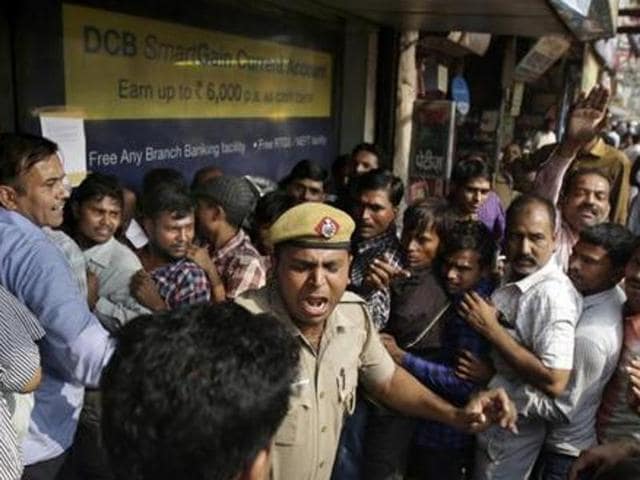
Cash-strapped people were seen waiting in frustration as most of the cash dispensing machines ran out of cash within hours after being stocked, while thousands of ATMs are still not functional. Adding to the customer woes, there have been reports of bank servers facing technical glitches.
The Centre on November 8 had banned the use of old 500 and 2,000 rupee banknotes in a bid to curb black money and sources of terror funding.
Here are five highlights from Wednesday on the demonetisation issue:
1) Banks start using indelible ink to check repeat money exchange
To stop repeat money exchangers thronging banks with invalid currency notes, banks have started applying indelible ink mark on the right hand index finger of customers in the select metro cities.
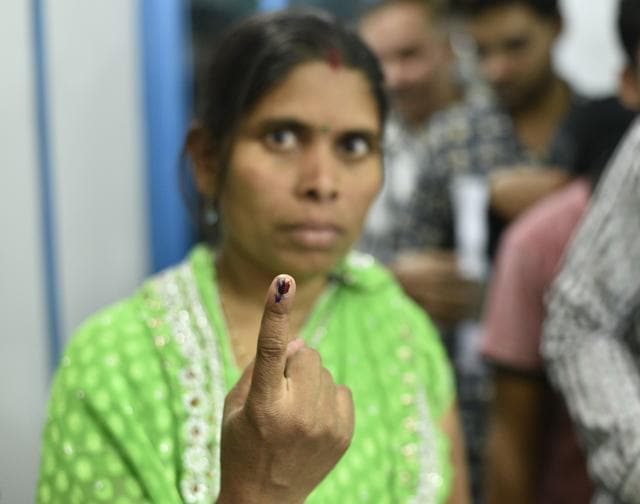
The State Bank of India and a few other banks in Delhi have started using indelible ink. As per the government statement, 11 branches of SBI are using the method to weed out customers queuing up again and again to exchange invalid currency notes.
As per the Standard Operating Procedure (SOP) for exchanging notes, concerned bank branches and post offices would put indelible ink mark on the right index finger of the customer so as to identify that he/she has exchanged the old currency notes once.
2) Rahul takes aim at PM
Training his guns on Prime Minister Narendra Modi, Congress vice-president Rahul Gandhi demanded action against “his friends” and those who are hoarding black money.
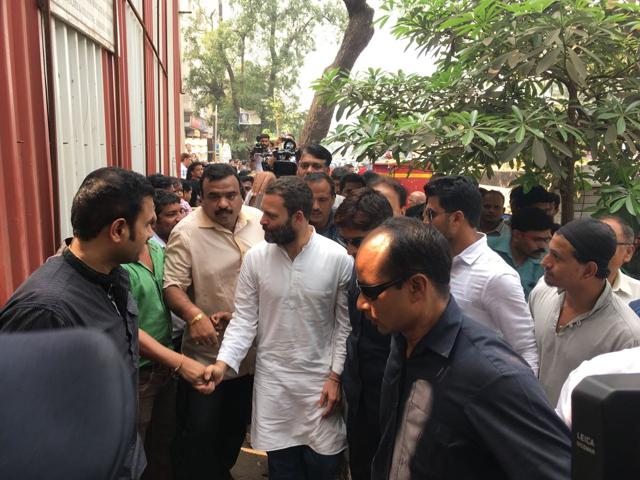
Addressing a large group of Congress activists in Bhiwandi, he alleged that in the past couple of years, Modi has waived off over Rs 110,000 crore of loans to a handful of 15 industrialists, with whose help the country is being run.
“Now, through demonetisation, he has taken money from each citizens’ pockets to give it to these industrialists who are his friends no action has been taken against them we demand action against Modi’s friends and those who have hoarded black money,” Gandhi said.
He said the money collected from the public after demonetisation of Rs 500 and 1000 currency notes, would go back to the pockets of those 15-20 industrialists and others “within one year”.
3) BJP, its friends knew about demonetisation move: Opposition in Rajya Sabha
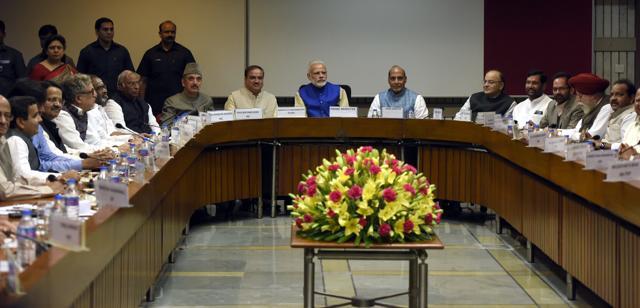
Launching a scathing attack on Modi, the Opposition parties alleged selective leak of information on demonetisation of 500 and 1000 rupee notes to ‘friends of BJP’ and demanded making public the names of those who had bought gold and foreign exchange of over Rs 1 crore since April.
Alleging that the information on demonetisation was selectively leaked, Congress leader Anand Sharma said: “Your BJP units have deposited crores (just before the November 8 decision).”
Read | Government’s defence in Rajya Sabha: Demonetisation in national interest, people back us
4) Incidents of violence at ATMs, banks in UP
The queues outside banks and ATMs are becoming a cause of concern for the administration in several parts of the country, with people resorting to vandalism. In the past 24 hours, there have been at least a dozen big and small incidents of irate mobs targeting bank property and clashing with police.
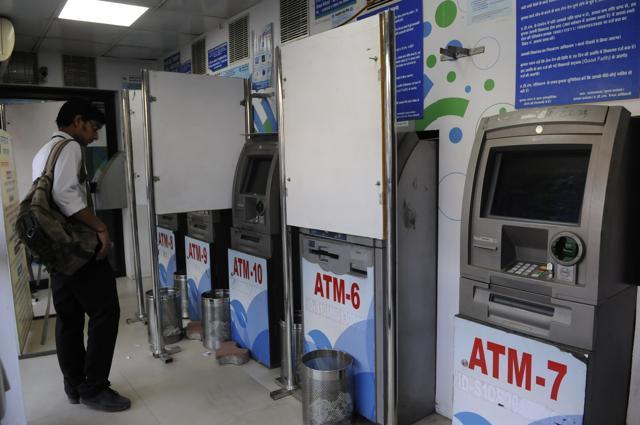
An official told IANS the police had to cane-charge an unruly mob outside the Allahabad Bank in Bahraich, resulting in injuries to some.
Similarly, in many small towns adjacent to Agra, people have been cane-charged to disperse crowds from outside banks and ATM outlets.
Read | Cash crunch, ATM under-utilisation, logistical issues make demonetisation a pain
5) Temples affected, tourist footfalls down
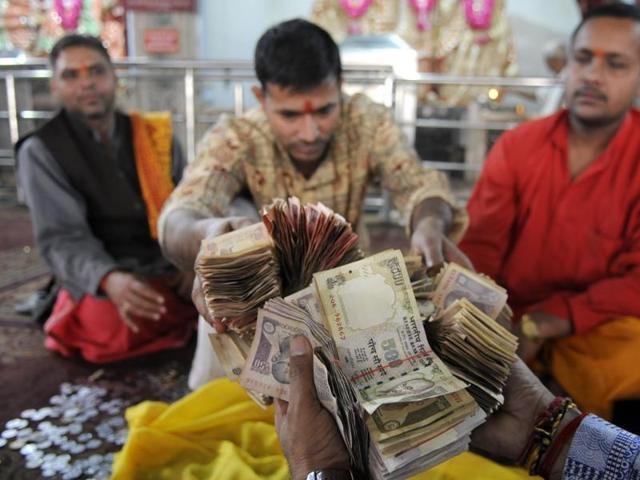
The demonetisation of Rs 500 and Rs 1,000 notes has also affected temples.
The footfalls at Jagannath temple in Puri have decreased significantly following demonetisation. The Suar Nijog (temple cooks), who sell Mahaprasad (food first offered to the deity), are not accepting the old notes affecting the earnings.
Read | Golden Temple not to accept demonetised notes of Rs 500 and Rs 1,000
Besides, the servitors of Sri Mandir are also not accepting the scrapped denomination notes.
Prepared by 600-700 cooks and partaken by up to 50,000 pilgrims daily, Mahaprasad generates a business of Rs 8-12 lakh, a source told IANS.’
Read | Bleeding notes to temple cash: 5 things govt wants you to know on demonetisation





